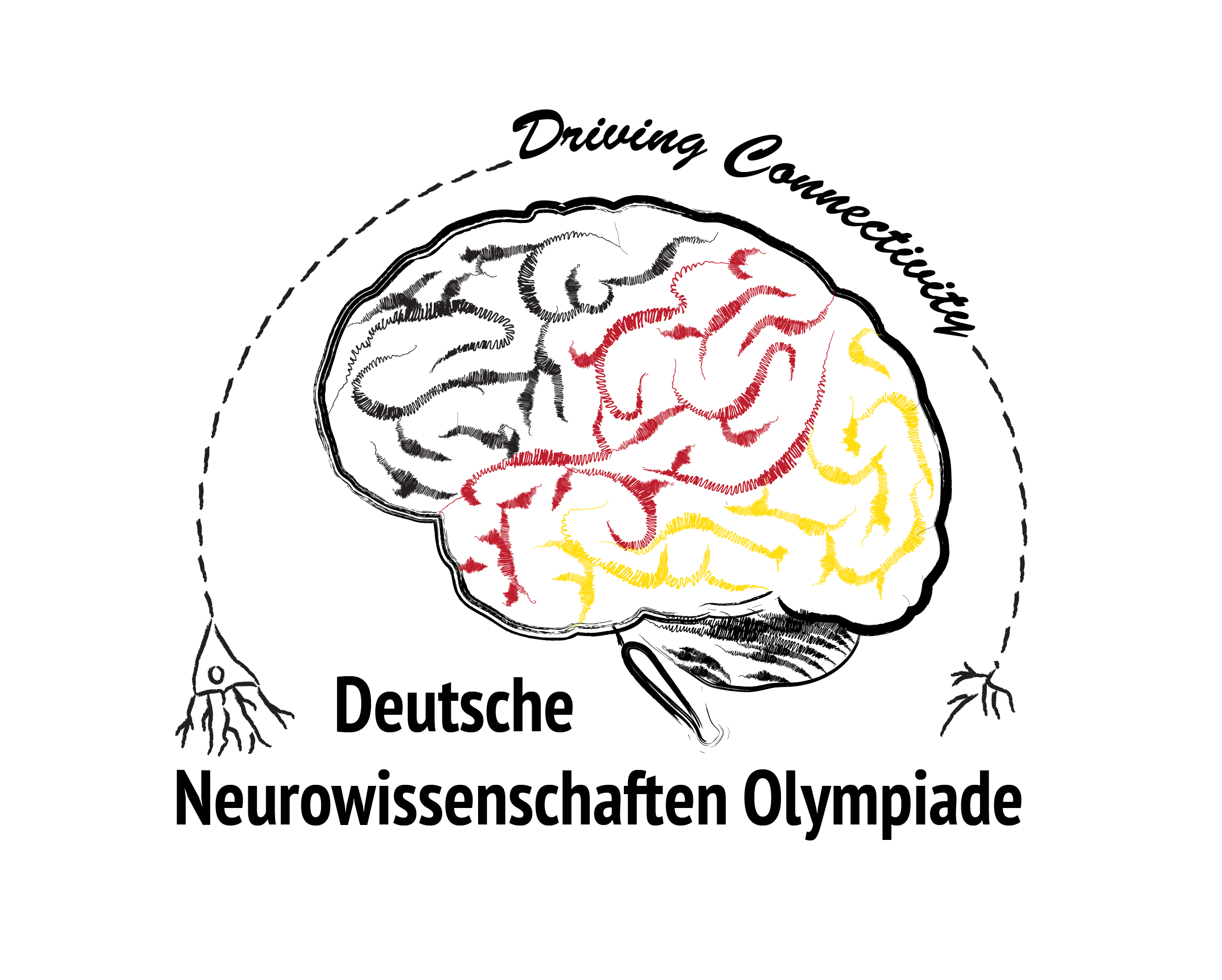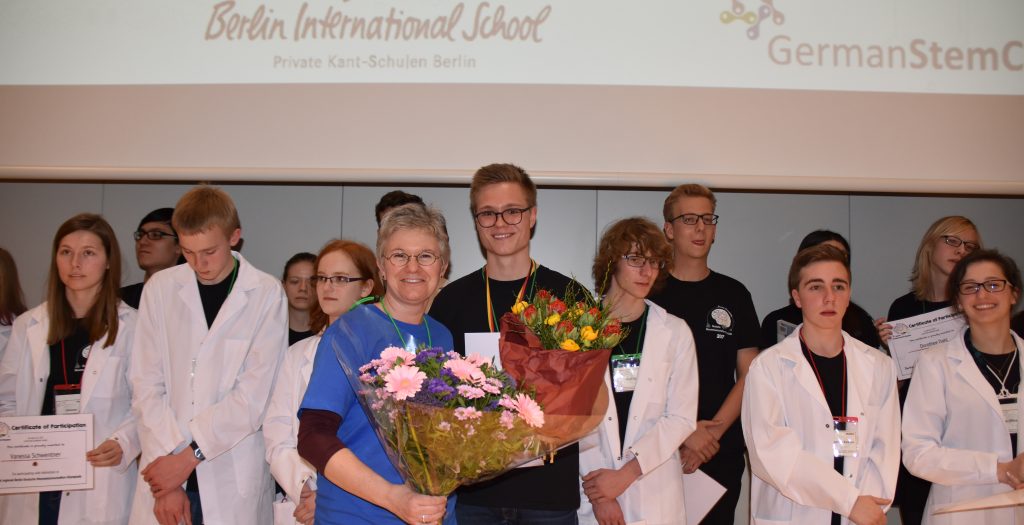Julius Böhme is Germany’s 2017 Nationals Neuroscience Champion!
Julius Böhme is a 17 years old student attending the Gymnasium “Am Sonnenberg,” Crivitz in Demen, Germany. He is also a former Deutsche SchülerAcademy student participant. As a student interested in neuroscience, he elected to participate in 7th annual Deutsche Neurowissenschaften-Olympiade (DNO e.V.) competition series. DNO e.V. is a Germany-wide, non-profit platform offering neuroscience outreach and educational activities for high school students. At DNO e.V, it’s our goal to provide the next generation of young scientists with a foundational knowledge in neuroscience in fun yet challenging ways. One of our main activities is hosting neuroscience Olympiads as a part of the International Brain Bee organization. Our Olympiads are a 5-stage event, which tests students in the areas of basic and clinical neurosciences, neuroanatomy and histology, as well as techniques in neuroscience (ie. computational neuroscience, animal models, and electrophysiology etc.).
 On April 1st, 2017, Julius achieved 1st place, out of 35 students, during on our DNO Regionals event held at the Max Delbrück Communications Center (MDC.C) in Berlin, Germany. Julius’ win earned him a 2 week research internship, studying movement disorders. His Regionals win also allowed him to progress to the Nationals DNO event, where he also earn 1st place out of the initial 130 participants who entered our 2017 neuroscience Olympiad event series. As the National winner, Julius will be representing Germany at the 2017 World Brain Bee Championship, taking place on August 3-6,2017 in Washington D.C. The Championship event will take place during the 125th Annual American Psychological Association Conference, where he will compete with 35 other students from all over the world.
On April 1st, 2017, Julius achieved 1st place, out of 35 students, during on our DNO Regionals event held at the Max Delbrück Communications Center (MDC.C) in Berlin, Germany. Julius’ win earned him a 2 week research internship, studying movement disorders. His Regionals win also allowed him to progress to the Nationals DNO event, where he also earn 1st place out of the initial 130 participants who entered our 2017 neuroscience Olympiad event series. As the National winner, Julius will be representing Germany at the 2017 World Brain Bee Championship, taking place on August 3-6,2017 in Washington D.C. The Championship event will take place during the 125th Annual American Psychological Association Conference, where he will compete with 35 other students from all over the world.
Besides his interests in neuroscience, Julius is also passionate about karate, having trained in this Japanese art of fighting for over 9 years. For Julius, Karate is about experiencing the limits of the human body while learning new movements, then overcoming any physical barriers through training. The idea of optimizing physical movements of the body and wanting to understand their most intrinsic aspects is what also fascinates him about brain sciences. Having witnessed a close family member suffer from Parkinson’s disease, where this neurological disorder adversely affected their vivid mind and strong body, this concept became even more real for Julius. Thus, he is interested in studying medicine so he can better understand how the human body works. As Julius puts it:
“Millions of people – researchers as well as interested, passionate laymen – have tried to understand the many intrinsic functions of the human body. I am like many of these people, I think, and for me it is amazing to obtain more and more detailed insights about how the mind and body works. Perhaps one day I may be able to contribute a little piece to the vast library of knowledge about our species that has already been built up.”
Thus, It is Julius’s desire to combine his medical studies with research on neurological disorders. As an avid reader, especially of classical literature, the idea of finding a scientific intersection between science, mind, and body is the most appealing to him as he travels the path towards his future career.
At DNO e.V., it is our desire to capture the minds, inspire, and support the many high students across Germany who, like Julius, are also interested in learning more about the brain and neuroscience as a field of study. To find out more about our organization and future activities, please visit www.neurowissenschaften-olympiade.de.
About the Author

